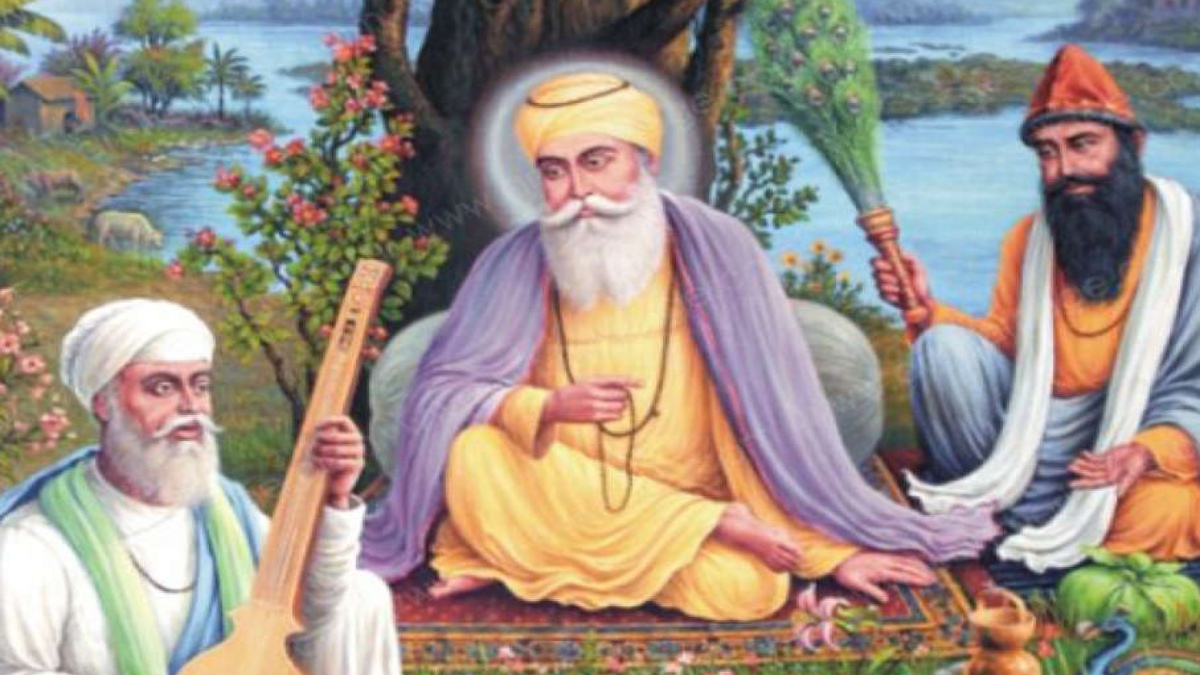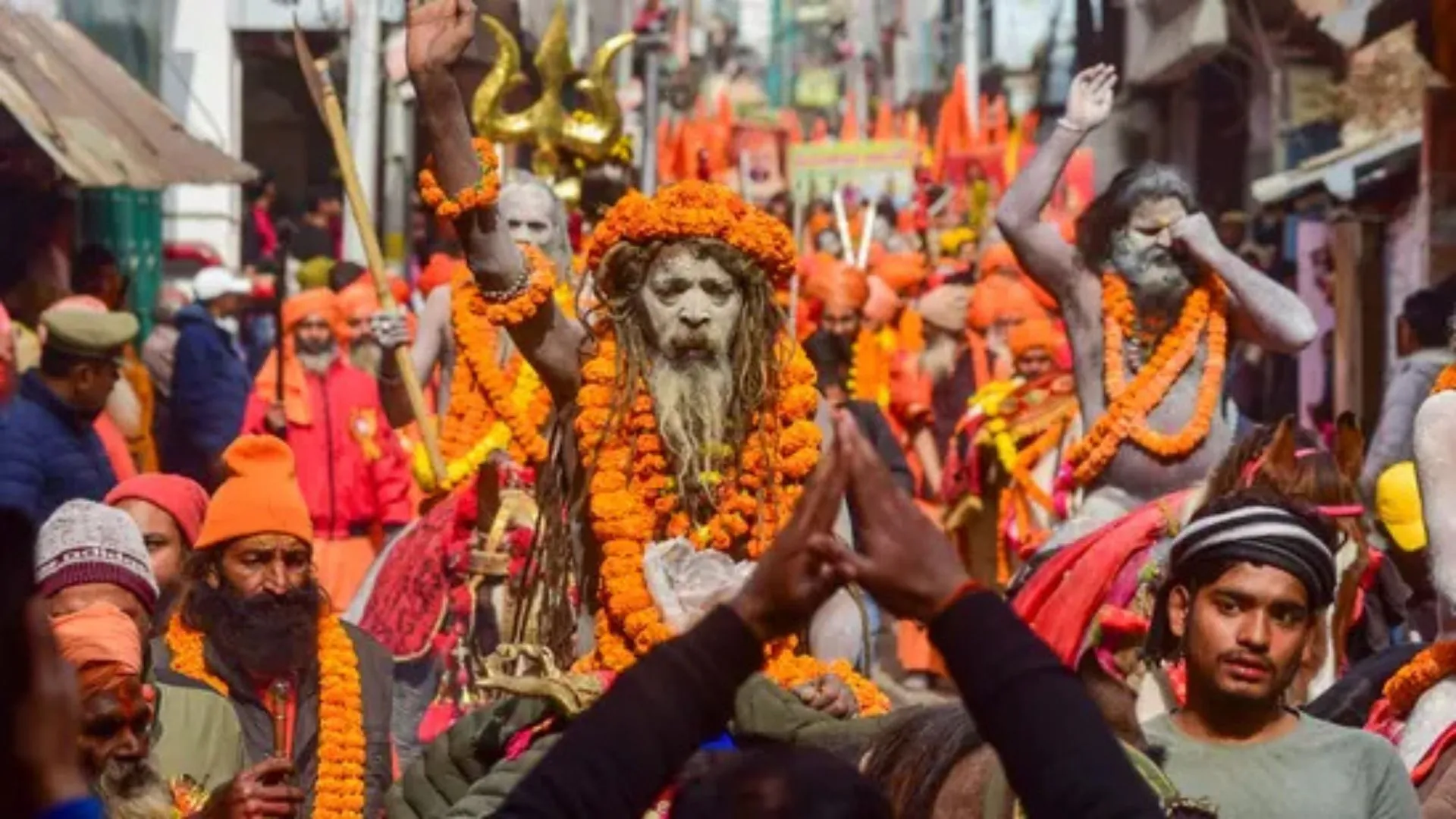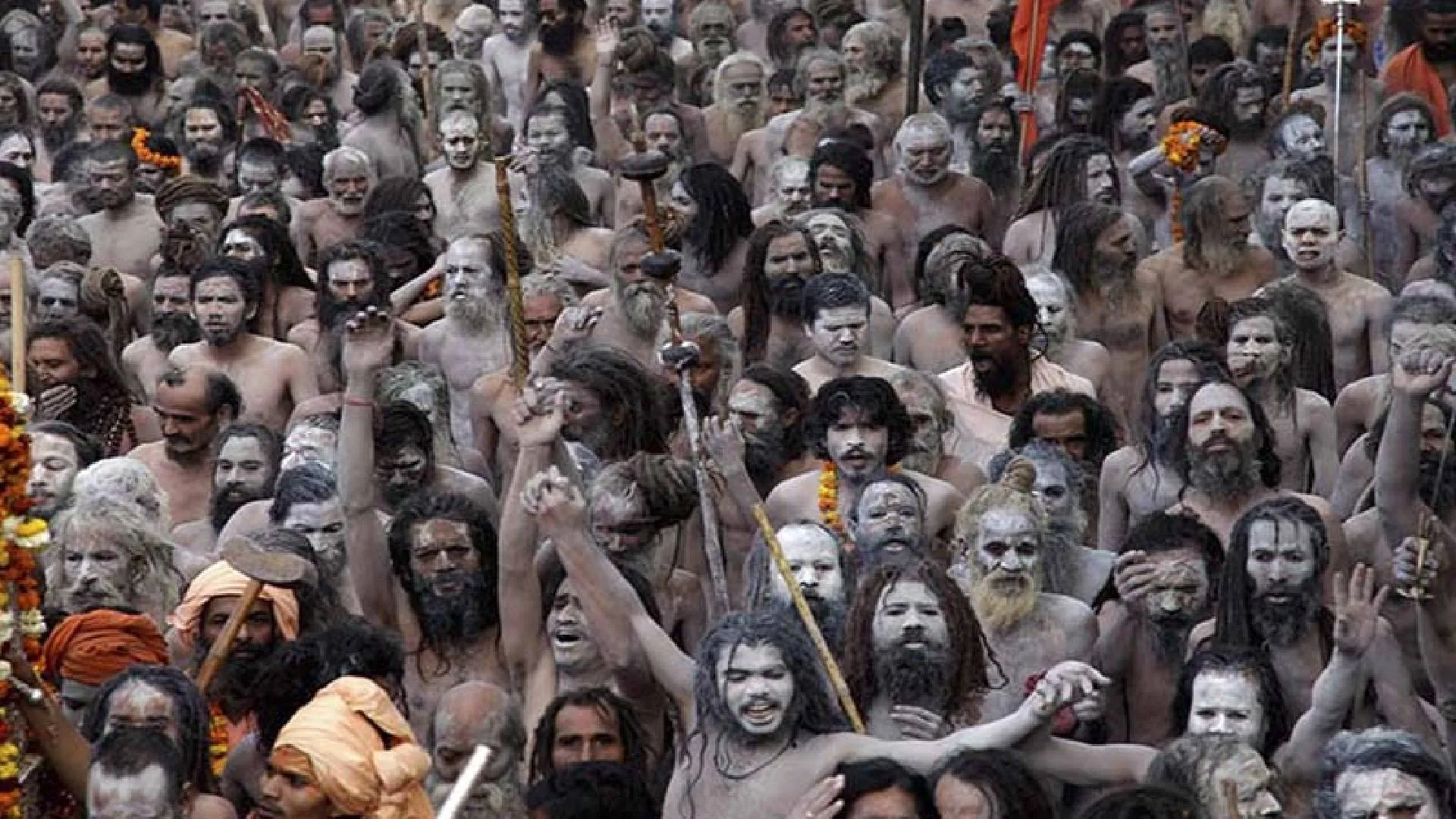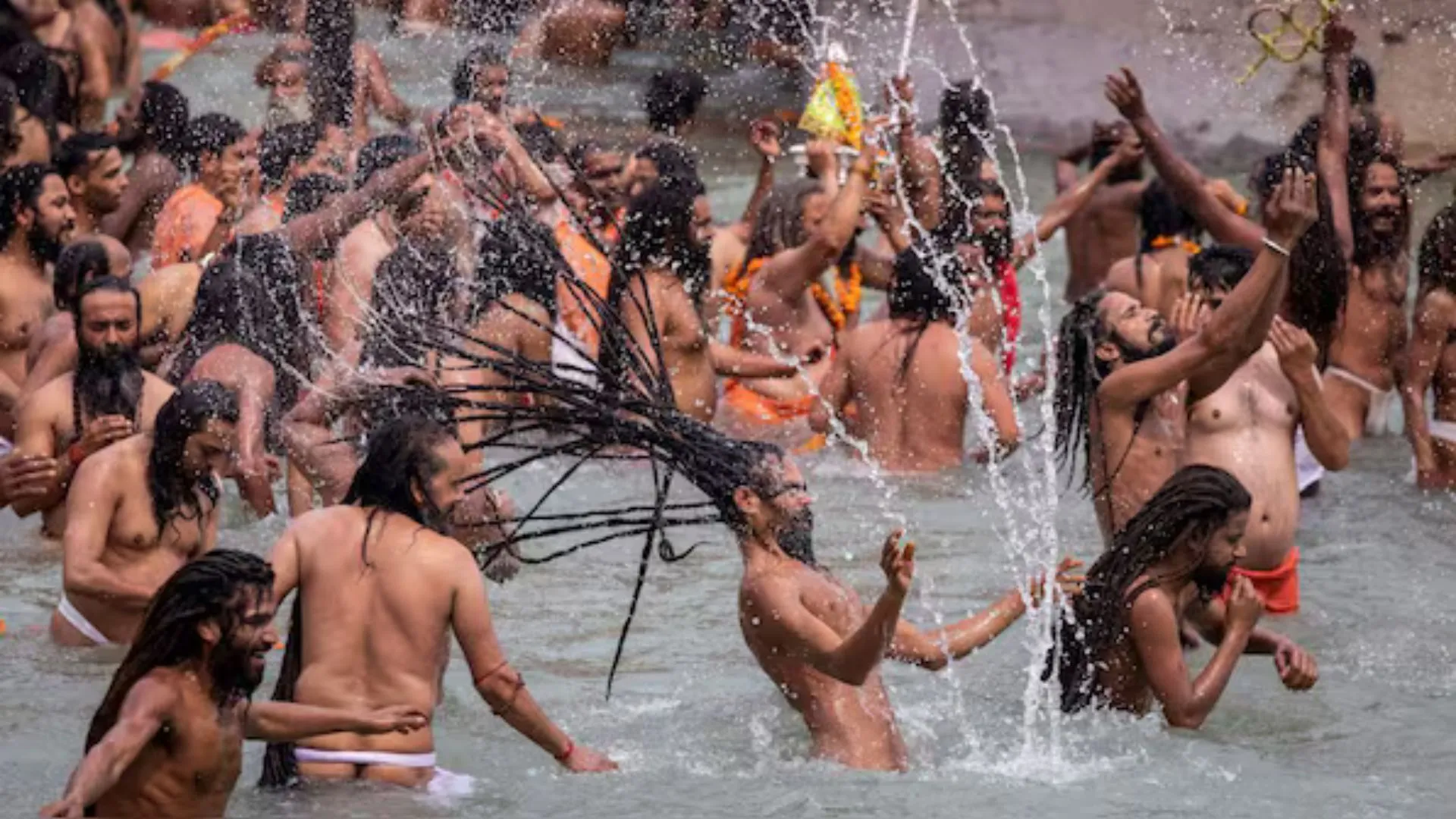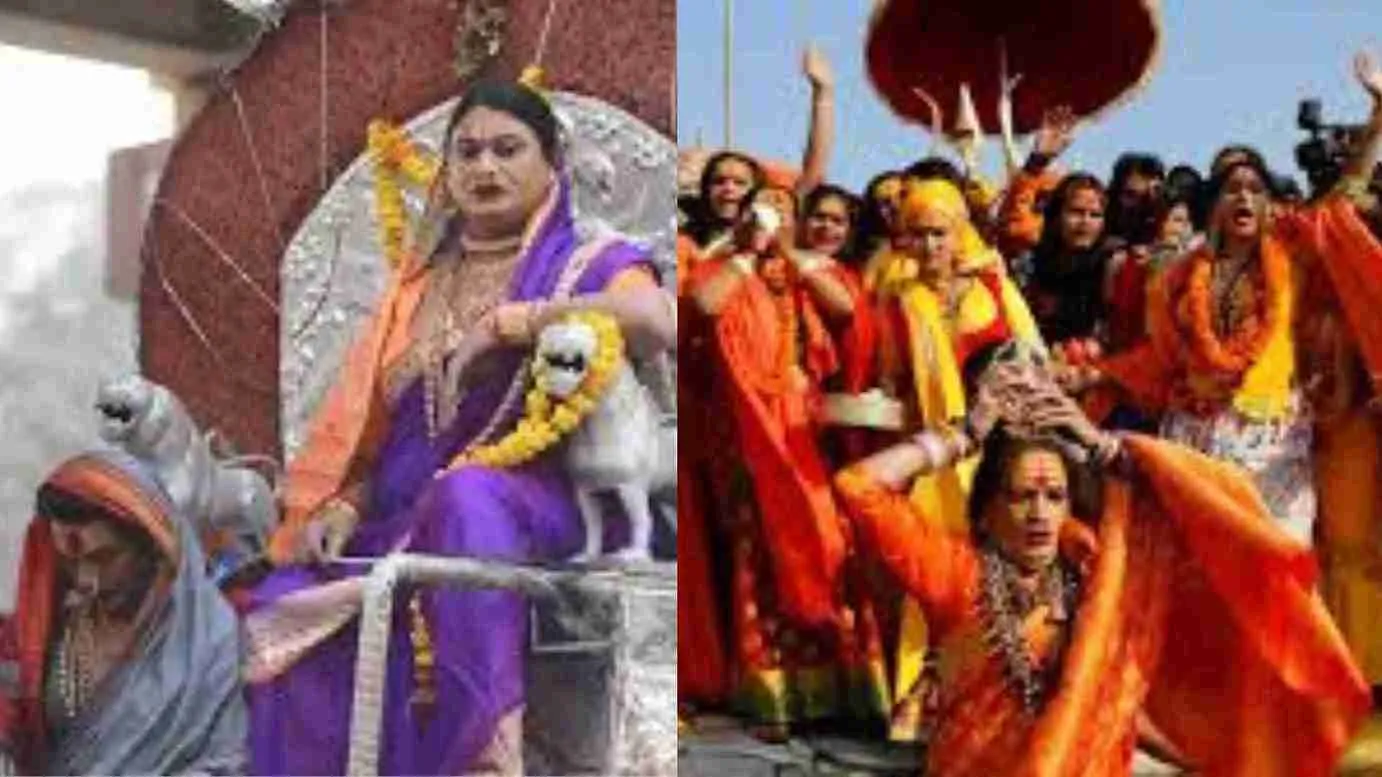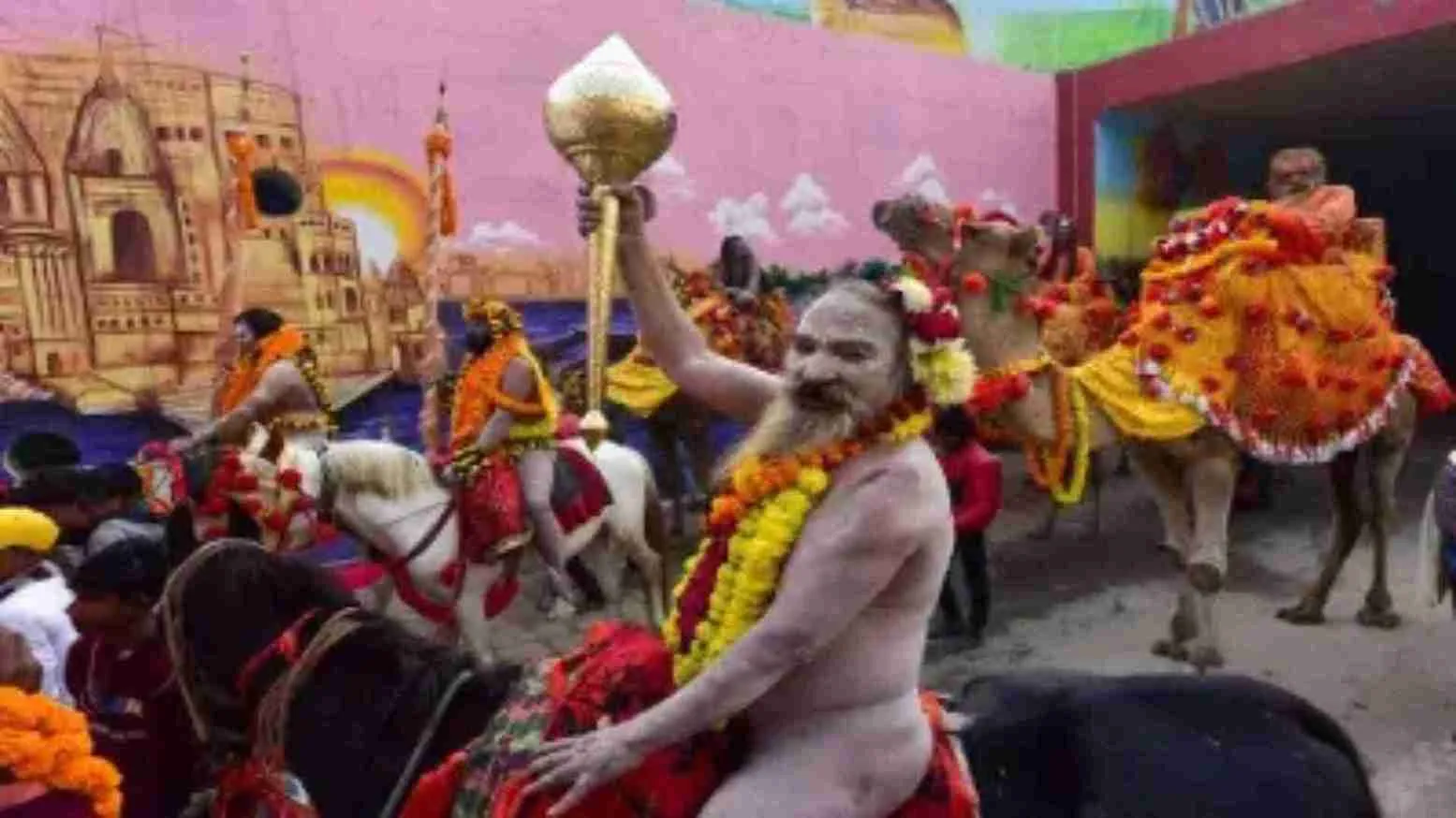Existence has gifted the world to man. Existence has endowed a wonderful and a beautiful abode to man. A heavenly abode. Man makes it into hell. Yet man desires for heavenly abode. His desires and hopes do not let him get to the heavenly abode. But when dead, in obituary it is said that man has gone to the heavenly abode. But is it so? As if it is some type of a serious joke and no one is allowed to laugh.
When someone gets to the heavenly abode on this earth, religion is born. Not that the one who attains to the light of the heavenly abode births religion. But religions are born after one has departed.
Religions are born around what he said. Then society subsumes religions to a point that religion grows out of the interpretation of the priest. Religion becomes dogmatic, ritualistic and God is lost. When someone’s inner being flowers into a thousand-petal lotus that heralds signs of new religion-a live religion, religion is born. In that backdrop, Jainism was born to Mahavira (the great warrior). In that backdrop, Siddartha Gautam flowered into Buddha (the awakened one). In that backdrop flowered Kabir. In that backdrop came Nanak. What the enlightened one says depends on who he says it to and what were the circumstances then? Conflicts and belligerence in religions are because of interpretations. Nanak says Truth is One.
Nanak brought a new wave. Allama Iqbal, an Urdu poet has beautifully written about Nanak, ‘Phir Uthi Akhir Sada Tauheed Kee Punjab Se, Hind Ko Ik Marde-Qamil Ne Jagaya Khawaab Se’. (Once again the wave of the religion of One God, sprouted out of Punjab to wake up humanity from slumber). Nanak did wake up humanity. Nanak fought against all dogmas that were going on in the name of God and religions. In that sheen of Nanak, dogmas began to depart. When confronted with dogmatic priests, Nanak would teach lessons to break free of dogmas.
Nanak says ‘Tirath Nava Je Tis Bhava Vin Bhane Ke Nae Kari,’ (What good will it be by taking a dip at the holy pilgrimage, if I am not pleasing to him). Nanak says, ‘Gura Ik Dehi Bujhai, Sabhna Ji a ka Ik Data so main Visarya Na Jai’. (Guru you did solve this mystery. That the One who is the giver of all souls then do not let me ever forget that One). Man is forgetful. Forgetfulness is the biggest misery of mankind. Man is forgetful of his self. Man is forgetful of what he is. A man knows everything that is outside of him. He is known to everything that his senses can know. But he is forgetful of himself. Nanak says That-Which-Is permeates all beings. That-Which-Is is you. So let me never be forgetful of That-Which-Is You.
Following rituals and dogmas, we forget who the rituals are for. So Nanak says that I will never forget Him. Let me never be forgetful of That-Which-Is. G.I. Gurdieff, a spiritual master, calls it ‘Right Remembrance’. When you are forgetful of yourself, all that you need to remember is the right remembrance. Right remembrance is the deep communion with That-Which-Is. When you ask yourself ‘Who I am’. You have to ask this question from yourself so deeply that an answer emerges. The answer will come as ‘I am’. Further, you dive down ‘I-ness’ drops. Only ‘am-ness’ remains. In that ‘am-ness’ the mind drops. You become an observer and observed yourself. That oneness is what Nanak refers that there may not be any moment that I will ever be forgetful of that ‘am-ness’. That one ‘am-ness’ wherever you go becomes the temple of your being. Wherever you take a dip will become a pilgrimage. ‘Am-ness’ will permeate every cell of your being. Remembrance is the only remembrance that Nanak says should never be disremembered.
Buddha also talks about remembrance. Nanak calls it to learn it by ‘Naam Sumiran’. Nanak says ‘Je Jug Chaare Aarja, Hor Dasuni Hoye, Navan Khanda Vich Janiye Naal Chale Sabh Koye. Changa Nao Rakhae Kai Jas Kirat Jag lee, Je Tis Nadar na avi Ta Vat Na Puchhai Ke. This is the revolutionary part. Nanak says even if someone’s life which is normally 80-100 years, lengthens to all four Yugas as long as Satyuga, Tretayuga, Dwaparyuga, Kalyuga and not only that it even extends ten times more than those Yugas. And if all people of nine continents know him, respect him, follow him.
More simply. Man wants to be rich. Man wants to live more. Man wants to be known famous. Man wants to have power. Man wants people to follow him, respect him. Nanak says if your life extends to the age of this universe up to the age of all four Yugas and multiplied by ten. Even if you become the King and is followed by all and even if you have name, fame, reputation, money and praise all over the world. Even if you deserve it all. All that will be worthless if you don’t deserve blessings and grace of That-Which-Is. When you deserve his grace you deserve existence. You be one with the existence. You simply be in the being-ness of your being. Your eyes will become a messenger of his love. Love of whole existence is revealed in you.
Nanak says how to make this world into a heavenly abode and stop living in hell. Beautifully Nanak says ‘Kirat Karo, Naam Japo, Wand Chhako’. Kirat means choice-less action from which doer disappears and only ‘Kirat’ remains. A doer is a constant strain. Akal Purakh is the only Doer and Kartar means the Creator of Creation. What Krishna says in Gita asking us to drop Karta (doer) from the act of doing, Nanak calls it the choice-less action ‘Kirat’ from which the doer is not there but the grace of ‘Kirat’. ‘Naam Japo’ means ‘let that uninterrupted remembrance what Kabir calls ‘Surati’ always flow in one. Let that remembrance does not let one ever be forgetful of the True Name that God is One and Thy name is the Truth that Nanak calls Ek Omkar Satnam-The True Name. ‘Wand Chhako’ means to remember that existence is one and we all exist in that oneness and in that oneness whatever that we get by the grace of That-Which-Is in that grace of his oneness all is equal and is equally distributed and consumed be that food, wealth, service, equality and so on.
Famous Urdu poet Allah Yaar Khan Jogi has written about Nanak, ‘Harek Baat hai Maaqool Nanak, Naa Hai Jisme Kaanta Tu Hai Vo Phool Nanak, Janam Chaudvi Kee Raat Tune Paya, Ujaala Huva Jab Tu Tashrif Laya’. (Everything about Nanak is worthy of the greatest praise, like a rose that does not have a thorn. When on the fourteenth day of the Moon (Full Moon) You (The Nanak) were born. When you entered this world everything was lit up.) Ek Omkar Satnam.
The author is a spiritual teacher. He can be contacted at arunavlokitta@gmail.com

